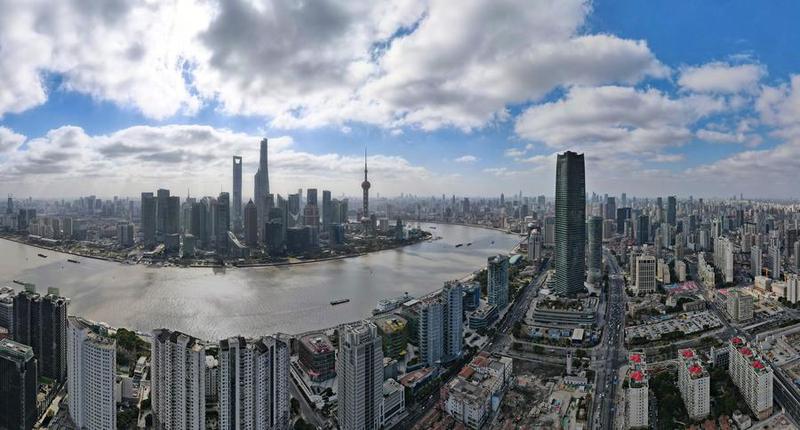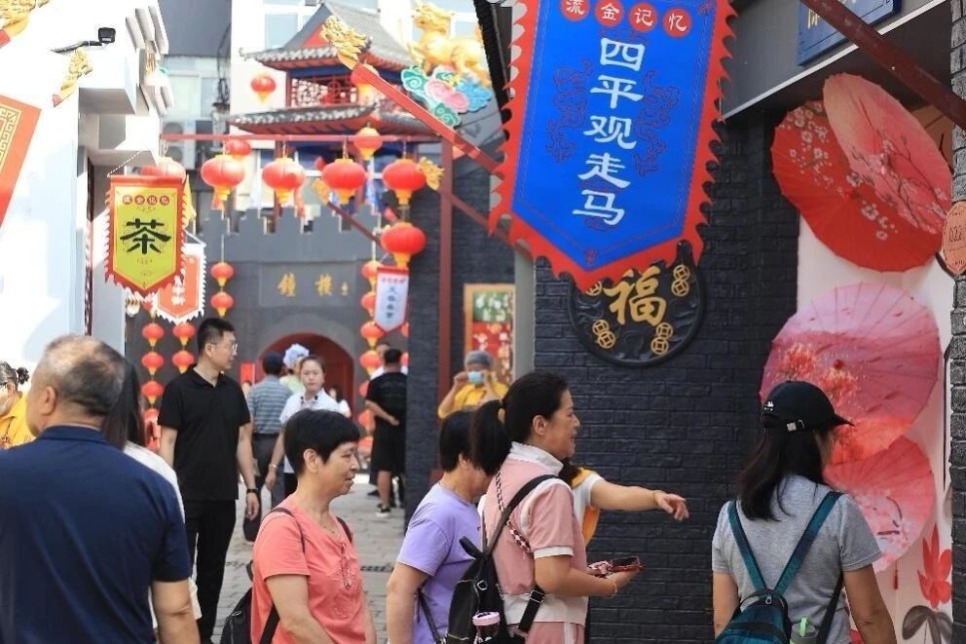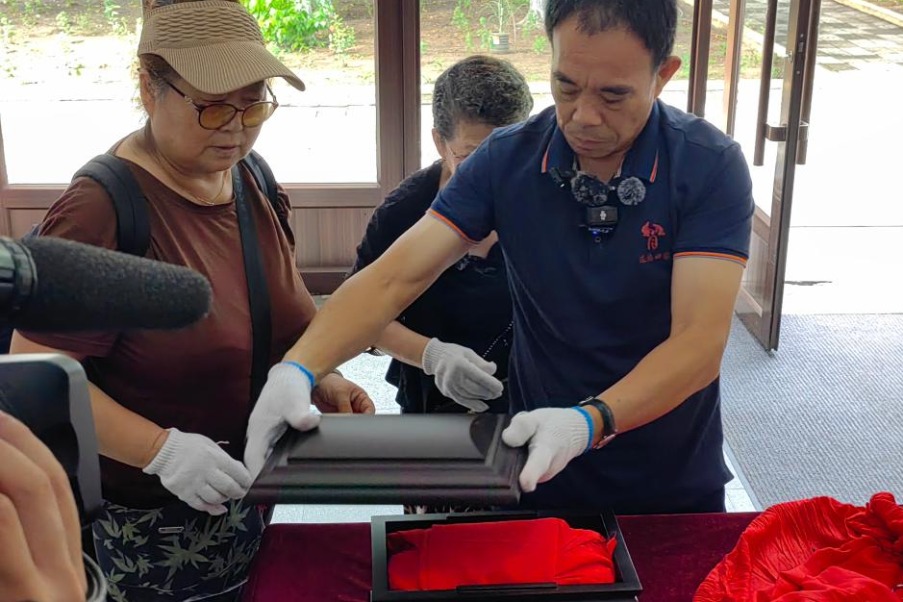More steps to upgrade free trade zones


China will take steps to upgrade its free trade zones, allowing them to operate with greater efficacy, the State Council, the country's Cabinet, said on Friday, amid the ongoing trade tensions with the United States.
The State Council executive meeting, chaired by Premier Li Qiang, emphasized the importance of supporting the country's FTZs in aligning with international trade and economic rules, while further intensifying institutional innovations.
The meeting highlighted the need for FTZs to take the lead in exploring differentiated approaches, particularly in developing trade in services and facilitating cross-border data flows.
More reform measures must be piloted in FTZs should the local conditions call for it, according to the meeting.
China launched its first FTZ in Shanghai in 2013.
Over the past decade, the country has steadily expanded its FTZ network, boasting 22 such zones that have collectively contributed to one-fifth of China's total foreign investment and foreign trade volume, according to the Ministry of Commerce.
Meng Huating, a commerce ministry official, said in April that the government has already taken steps to deepen the alignment of these zones with international trade agreements, such as the Comprehensive and Progressive Agreement for Trans-Pacific Partnership and the Digital Economy Partnership Agreement.
The negative lists of foreign investment market access and cross-border trade in services will be implemented to good effect in the FTZs, and the opening-up of sectors like telecommunications, healthcare, education, and culture will be advanced, Meng added.
In particular, Meng said that the country will provide regionspecific guidance and grant more reform tasks in the provinces of Guangdong and Fujian, as well as Tianjin municipality.
The best practices gained in these FTZs will be extended nationwide, to ensure that the benefits of opening-up will reach a much wider range of businesses and consumers, Meng said.

- Typhoon Mitag makes landfall in South China's Guangdong, forcing school closures, transport halts
- Xizang region charts 'remarkable' advances in public healthcare
- 'Significant' gold resources discovered in Jiangsu province
- Peng Liyuan attends UNESCO award ceremony for girls', women's education
- Hunan university gives valuable lesson on Mao Zedong's youth
- Illegal disposal of hazardous waste under probe after public complaints




































